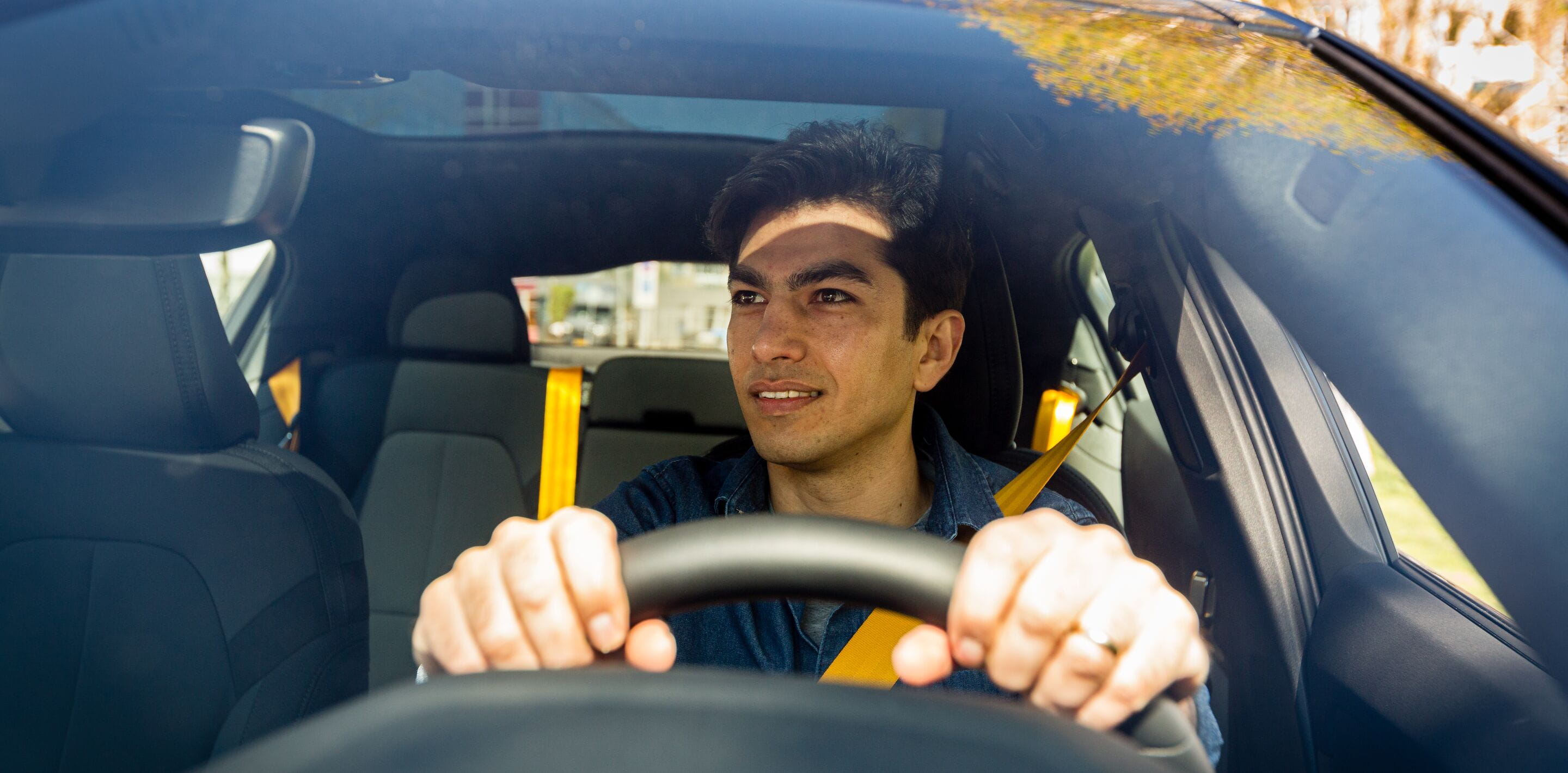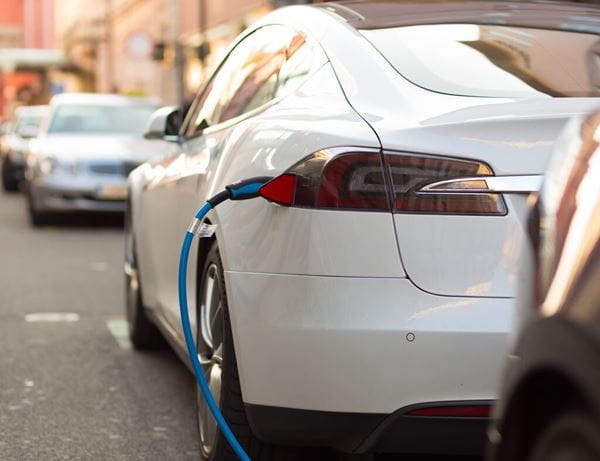
Fleet risk: Monitoring your drivers
It is your responsibility to monitor your drivers. For many employees, driving will be the most dangerous activity they do at work, with a higher chance of death or a serious injury.
Fleet risk: Monitoring your drivers
We know the importance of fleet risk to companies – and how difficult it can be to manage effectively. That’s why we’ve created this series of articles looking at different elements of fleet risk, with analysis and tips from our experts. If you haven’t explored fleet risk before, our introduction article is a great place to start. We hope you find this whole series helpful.
Monitoring performance
It is essential to know how your employees are behaving when they drive. One way to do this is with telematics, though its effectiveness will depend on how you use the data. The black box on its own will not give you the full picture.
When an event occurs, you should use the data to have a meaningful discussion with the driver. For example, if the data shows a driver is regularly breaking the speed limit, and they are involved in a collision with speed as its cause or as a contributing factor, you will need to demonstrate you have taken steps to address the issue. If you do nothing, the chances are that you will be investigated by the police. It is perfectly acceptable to outsource these tasks to a third-party company.
Monitoring hours
The number of hours that a driver can work is set by legislation and will depend on the size and type of the vehicle that they drive. The two main pieces of legislation are domestic hours and EU rules. It is essential to make sure you read both pieces of legislation and understand their implications for your business.
You must then monitor this aspect of each employee’s work, as neglecting to do so could make the company liable to prosecution. This could lead to large (potentially unlimited) fines, a damaged reputation, and – in some cases – individual prosecutions that incur a prison sentence.
This includes making sure your drivers keep a daily record of their driving hours in the vehicle, in case they are stopped by the police or the DVSA – and having this record checked regularly by their managers.

.jpg?rev=3adbd558867c4d92bf9f22752f12a09c&mw=600)

